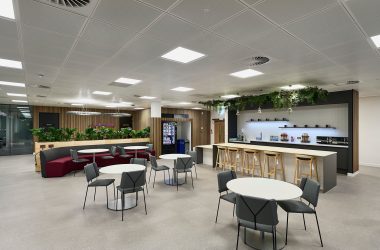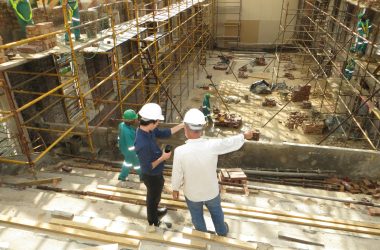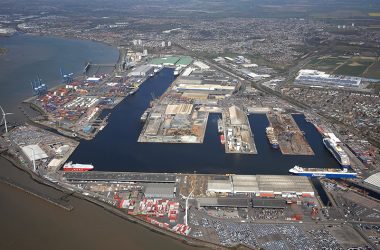If you work in construction, events, or any sort of field operation in the UAE, you already know how crucial power is. Whether it’s lighting up a remote site or getting a drill to actually do its job, you need a solid setup. No power, no progress.
Now, when people talk about what powers a site, two machines always come up: the diesel generator and the screw compressor. They both keep things moving, but they’re very different beasts.
So What’s a Diesel Generator?
At its core, a diesel generator just burns fuel to give you electricity. Nothing too complicated. There’s a diesel engine and an alternator, and between the two, they create a power source that keeps your lights on, fans blowing, and machines running.
You’ve seen them. Probably heard that low rumble in the background of every building site in Dubai. They’re there for one reason: mains power isn’t always reliable or available.
People use them all over the place. On construction sites, yes, but also at events, clinics, shopping centers. Sometimes as the main source of power, sometimes as backup. They’re pretty reliable, and they’ll keep going for hours on end. But they’re not exactly the most efficient thing in the world, especially when oversized for no good reason.
What About Screw Compressors?
Now, the screw compressor has a bit of a different story here. This one doesn’t deal with electricity. It gives you compressed air, which, funnily enough, is what a lot of tools run on.
The garages, paint shops, industrial plants, etc., rely on air-powered tools, and those tools need a steady stream of compressed air. Not bursts. Not ups and downs. Just smooth, even flow. That’s what screw compressors are good at.
And the name comes from the two rotors inside that spin and compress the air. Simple, effective, and honestly quite clever.
You won’t hear them shouting for attention, though. They’re quieter than you’d expect. That’s partly why they’re used so often indoors.
Where Do You See Them in Dubai?
Generators are everywhere. Especially in areas that are still under development. You might see them powering tower cranes in Business Bay one day and lighting up a desert event the next. You’ll also find them on standby in hospitals, just in case.
Screw compressors are a little more hidden, but they’re there. If you walk into a place with a row of air tools, a screw compressor’s probably doing the heavy lifting behind the scenes.
Which One’s More Efficient?
Honestly. It depends.
If you’re using a diesel generator at full capacity, they’re not bad on fuel. But if you’re just running a few things, and the generator’s oversized, you’re basically throwing fuel away. Not great for the budget, or the environment.
Screw compressors, especially the electric ones, are usually more efficient. They do one thing, and they do it well. If you’ve got steady air needs and access to electricity, they’re a no-brainer. For field jobs without mains power, diesel-powered versions work too.
Maintenance Matters.
Here’s the thing about running machinery in the Middle East: the heat doesn’t cut you any slack. Add sand and humidity, and you’ve got yourself the perfect recipe for wear and tear.
Generators need regular servicing. Oil, filters, coolant… the works! Ignore it, and you’ll regret it when the thing cuts out mid-job.
Screw compressors are a bit kinder. Fewer moving parts, less heat buildup, generally easier to manage. Still, they’re machines. They need looking after too. Especially if they’re working long hours in dusty conditions.
So Which One’s Better?
It’s not about better. It’s about what you actually need.
If your site needs electricity, go for the diesel generator. It’ll give you the power to run the essentials and luxuries when you’re off-grid or when the mains go out.
If you’re using tools or systems that rely on compressed air, a screw compressor will do the job. They’re efficient, consistent, and don’t make a fuss.
A lot of bigger operations use both. Power from the generators. Tools running off the compressor. They work together, side by side.






